Aciloc 150mg
Aciloc 150mg is an effective medication used to treat conditions caused by excess stomach acid. It contains Ranitidine, which belongs to a class of drugs called H2 receptor blockers. Aciloc 150mg works by reducing the production of acid in the stomach, providing relief from symptoms like heartburn, acid reflux, and indigestion.
It is also prescribed for the treatment and prevention of ulcers in the stomach and intestines. This medication is generally taken twice daily or as directed by a doctor. Aciloc 150mg provides quick and long-lasting relief, improving digestive health and comfort.
Uses
- Heartburn and Acid Reflux: Provides relief from symptoms of heartburn, acid reflux, and gastroesophageal reflux disease (GERD).
- Ulcer Treatment: Treats and prevents stomach and duodenal ulcers by reducing excess stomach acid.
- Indigestion Relief: Helps alleviate indigestion and discomfort caused by overeating or spicy foods.
- Zollinger-Ellison Syndrome: Used to manage this rare condition, where the stomach produces too much acid.
- Erosive Esophagitis: Aids in healing damage to the esophagus caused by acid reflux.
How to Use Aciloc 150mg ?
- Dosage: Take 1 tablet (150mg) as prescribed by your doctor, typically once or twice daily.
- Timing: For best results, take it 30 minutes to 1 hour before meals or at bedtime, as recommended by your doctor.
- Swallow with Water: Swallow the tablet whole with a glass of water. Do not crush or chew it.
- Avoid Alcohol: Avoid consuming alcohol, as it can increase stomach acid production and worsen symptoms.
- Follow Instructions: Always adhere to your doctor’s instructions regarding dosage and duration of use.
How Aciloc 150mg Works ?
Aciloc 150mg contains Ranitidine, an H2 receptor blocker. It works by blocking histamine H2 receptors in the stomach lining, which are responsible for stimulating acid production.
- Reduces Acid Production: By inhibiting these receptors, Aciloc lowers the amount of acid produced in the stomach, relieving symptoms like heartburn, acid reflux, and indigestion.
- Protects the Stomach Lining: Reduced acid levels allow ulcers and inflammation in the stomach and intestines to heal effectively.
Dosage
- For Heartburn and Acid Reflux (GERD):
- The usual dose is 150mg twice daily, taken before meals or at bedtime, as directed by your doctor.
- For Stomach and Duodenal Ulcers:
- 150mg twice daily or 300mg once at bedtime for 4-8 weeks, depending on your doctor’s recommendation.
- For Maintenance Therapy:
- 150mg once daily, preferably at bedtime, to prevent recurrence of ulcers or acid reflux symptoms.
- Zollinger-Ellison Syndrome:
- Dosage varies and may be higher; follow your doctor’s instructions.
Benefits
- Effective Acid Control: Reduces excess stomach acid, relieving symptoms of heartburn, acid reflux, and indigestion.
- Ulcer Healing: Promotes healing of stomach and duodenal ulcers by protecting the stomach lining from acid damage.
- Prevents Recurrence: Helps prevent the recurrence of acid-related conditions, such as GERD and ulcers.
- Relief from Discomfort: Provides quick and long-lasting relief from acid-related discomfort, improving overall digestive health.
- Versatile Treatment: Effective for managing conditions like Zollinger-Ellison syndrome and erosive esophagitis.
Side Effects
- Common Side Effects:
- Headache.
- Dizziness or lightheadedness.
- Nausea or vomiting.
- Constipation or diarrhea.
- Less Common Side Effects:
- Stomach pain or discomfort.
- Rash or itching.
- Fatigue or weakness.
- Rare but Serious Side Effects:
- Allergic reactions (swelling, difficulty breathing, severe rash).
- Liver problems (yellowing of skin or eyes, dark urine).
- Irregular heartbeat or chest pain.
Precautions
- Allergies: Inform your doctor if you are allergic to Ranitidine or any of its ingredients.
- Kidney or Liver Issues: Use with caution if you have kidney or liver problems, as dosage adjustments may be required.
- Pregnancy and Breastfeeding: Consult your doctor before use during pregnancy or breastfeeding.
- Other Medications: Inform your doctor about all medications you are taking to avoid interactions.
- Long-Term Use: Prolonged use may mask serious conditions; always follow your doctor’s advice.
- Alcohol: Avoid alcohol, as it can increase stomach acid and worsen symptoms.

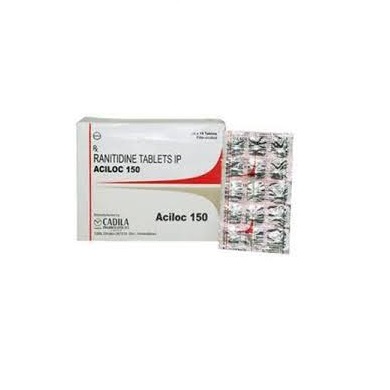

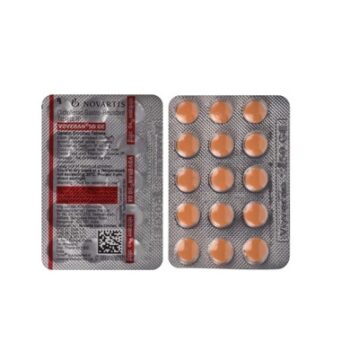
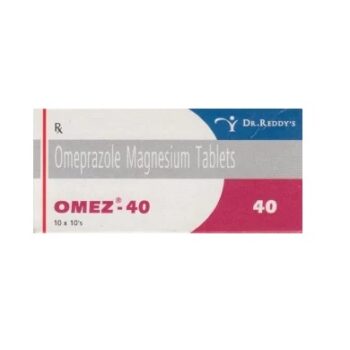
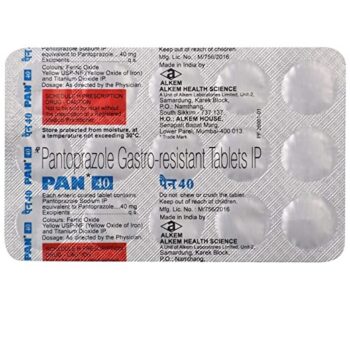
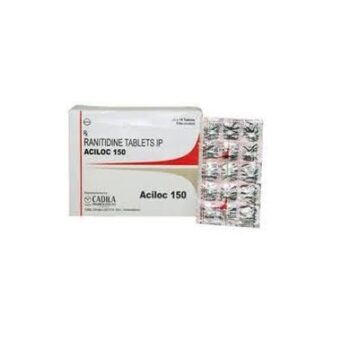
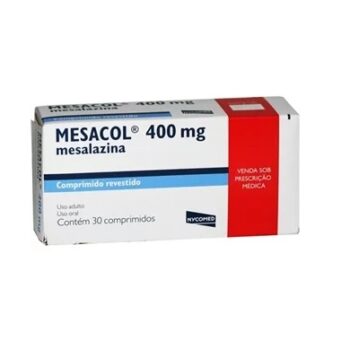
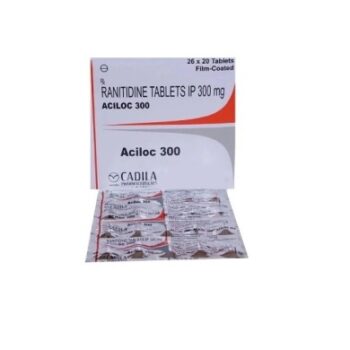


Reviews
There are no reviews yet.